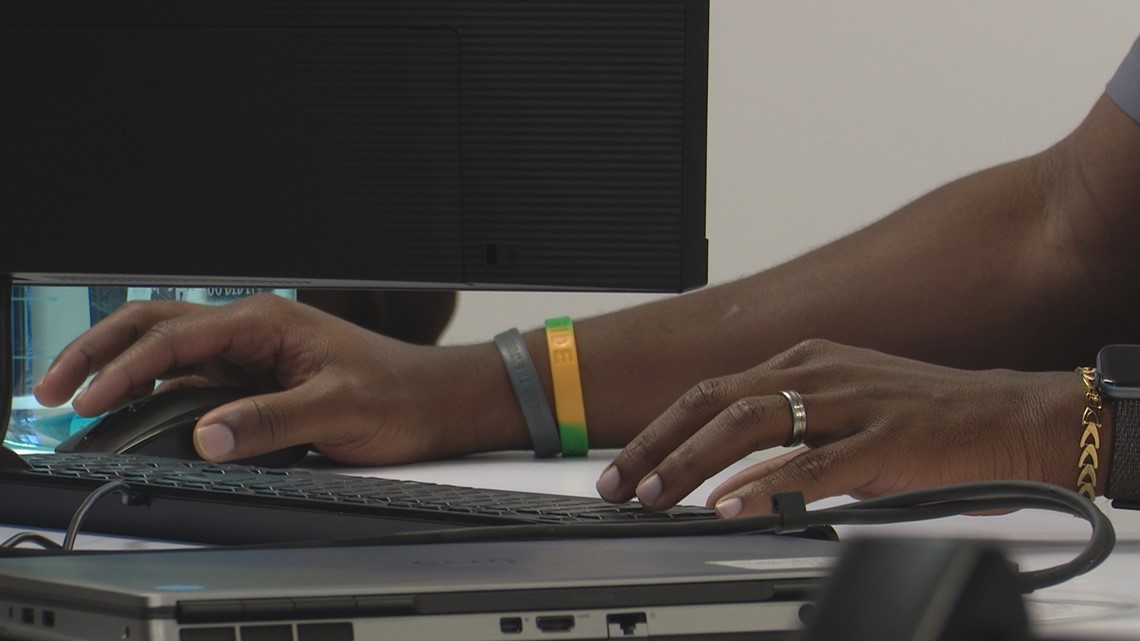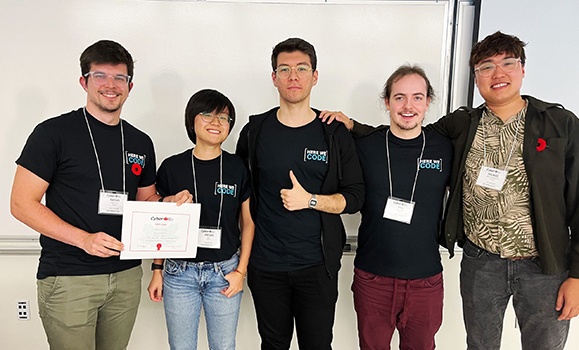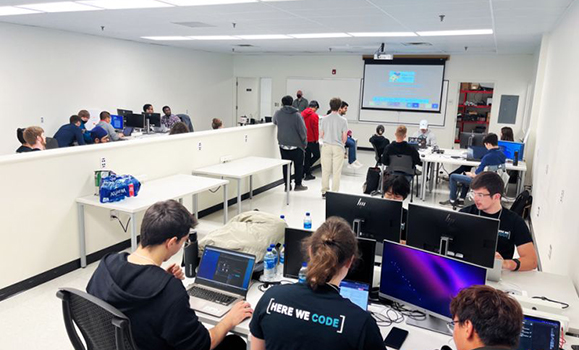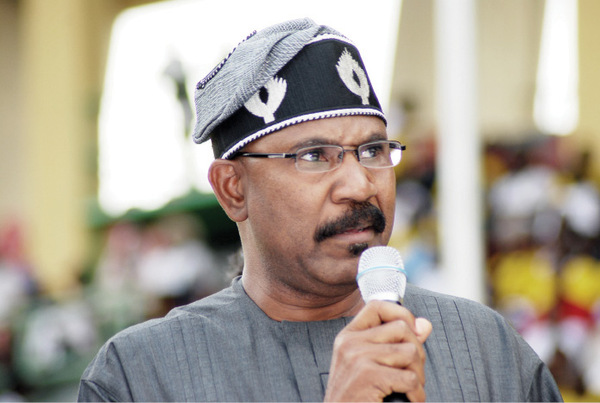Robins Air Force Base job fair hiring in computer science
It is hosted by 402nd Software Engineering Group from 2 p.m. to 6 p.m. Thursday, January 26.
WARNER ROBINS, Ga. — The Robins Air Force Base is looking for full-time employees in engineering and computer science.
The 402nd Software Engineering Group is calling on everyone with a bachelor’s degree in several areas to help them support the base
Sarah Martin says they’re looking for “computer scientists, computer engineers, electrical engineers, and software engineers, so if we’re looking for those qualified individuals,”
Robert Hill is a supervisor with the group and say the jobs are endless.
“We have a wide variety of jobs, a wide variety of projects, anything from ISR ground systems — that’s intelligence surveillance recognizance — to imbedded radar systems. We run the whole gamut,” says Hill
The group is responsible for creating the latest technology to assist America’s war fighters on their missions.
“It’s bigger than ourselves, it’s bigger than just the product we’re making. It’s the security of the nation and what we’re doing overseas that helps the war fighters,” Hill adds.
The work efforts are all about keeping up with the technological advancements from overseas.
“We try to stay ahead of our adversary, and all of our software engineers here, they contribute to that every single day,” he says.
Day-to-day work includes working with programs like Java and Python, and some work with artificial intelligence.
“We’re automating a lot of the stuff that used to be manual, taking a lot of the human error out of it as possible,” adds Hill.
They welcome all with bachelor’s degrees to come out.
“If you do have experience in the military, whatever branch…




